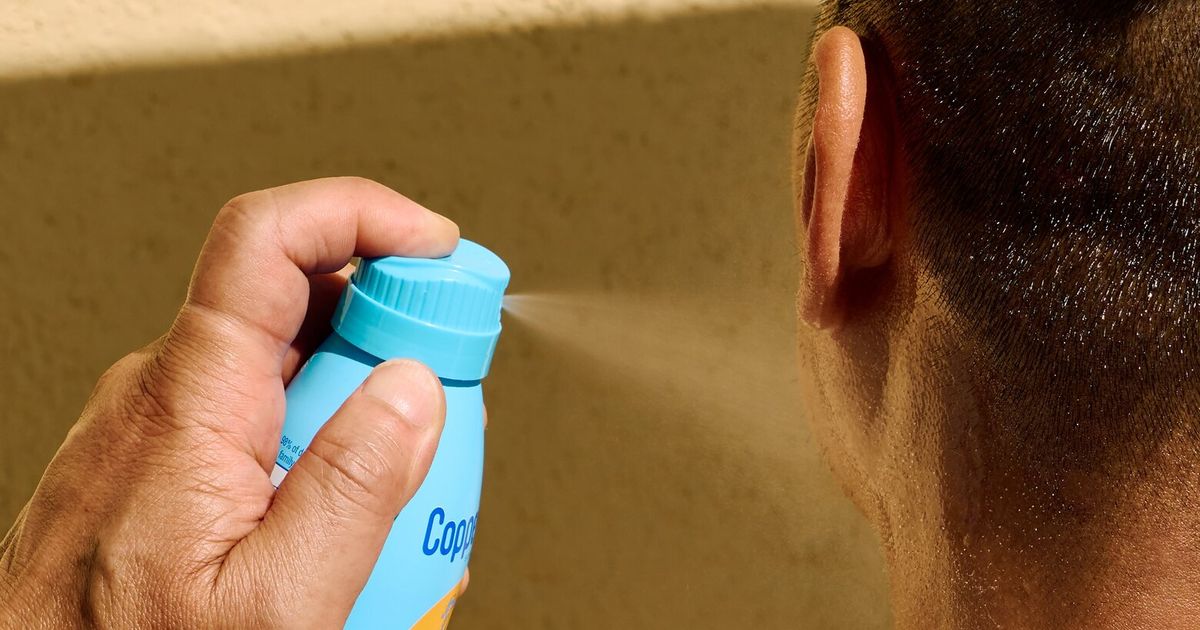
Title: Protecting Your Skin from Sun Damage and Cancer: Debunking Common Myths
Your skin is your body's largest organ, acting as a barrier against harmful substances and regulating your body temperature. However, it is also susceptible to damage, particularly from the sun. According to the American Cancer Society, approximately 20% of Americans will be diagnosed with skin cancer in their lifetime.
Myth 1: Only People with Fair Skin Get Sun Damage and Skin Cancer People of all complexions can get sun damage and skin cancer. While fair-skinned individuals may be more prone to sunburns, everyone is at risk for developing skin cancer.
Myth 2: Sunscreen Causes Cancer Experts warn against false information spread online that sunscreen causes cancer. Proper use of both mineral-based and chemical sunscreens is essential in preventing various types of skin cancer, including basal cell carcinoma, squamous cell carcinoma, and melanoma.
Myth 3: Sunscreen with Funny Ingredients is Dangerous One common myth circulating on social media platforms like TikTok is that sunscreens with ingredients other than zinc are harmful. However, the Food and Drug Administration (FDA) has approved numerous sunscreen ingredients for use in the United States.
Myth 4: Sunscreen Isn't Necessary in Winter or Cloudy Days UV radiation can reach your skin year-round, regardless of weather conditions. It is crucial to apply sunscreen daily, even during winter months and on cloudy days.
Background Information: Skin Cancer and UV Radiation Skin cancer is a group of diseases that develop when the DNA in skin cells becomes damaged due to exposure to ultraviolet (UV) radiation. UVA rays penetrate deep into the skin, causing premature aging, while UVB rays affect the outermost layers of skin and cause sunburns. Both types of radiation damage your DNA and increase your risk for developing various types of skin cancer.
Sunscreen: A Necessary Protection The American Cancer Society, National Cancer Institute, Skin Cancer Foundation, FDA, and other health organizations recommend using a broad-spectrum sunscreen with an SPF (Sun Protection Factor) of at least 30 to protect against both UVA and UVB rays. Apply sunscreen generously to all exposed skin 15-30 minutes before going outside and reapply every two hours, or immediately after swimming or sweating.
Conclusion: Debunking Common Sunscreen Myths As temperatures rise, it is essential to be aware of common myths surrounding sunscreen and take the necessary steps to protect your skin from harmful UV radiation. By understanding the facts and debunking these myths, you can significantly reduce your risk for developing skin cancer.

